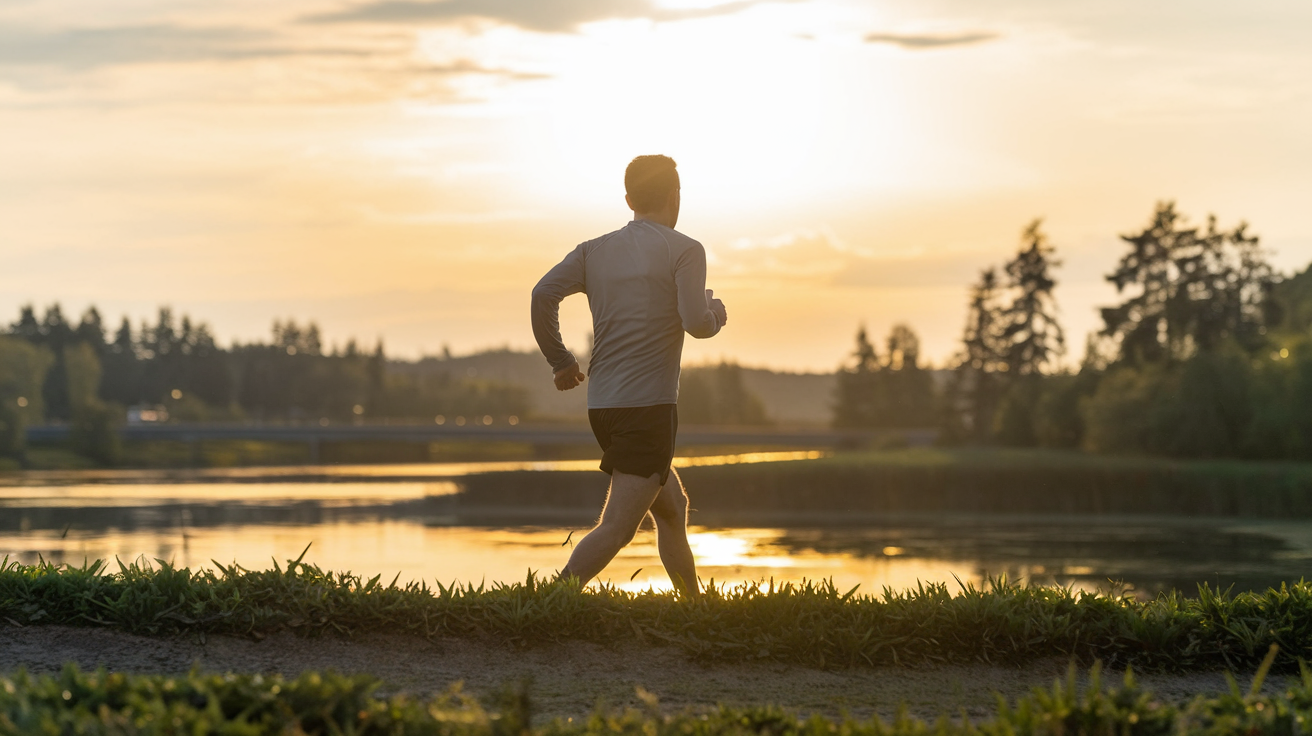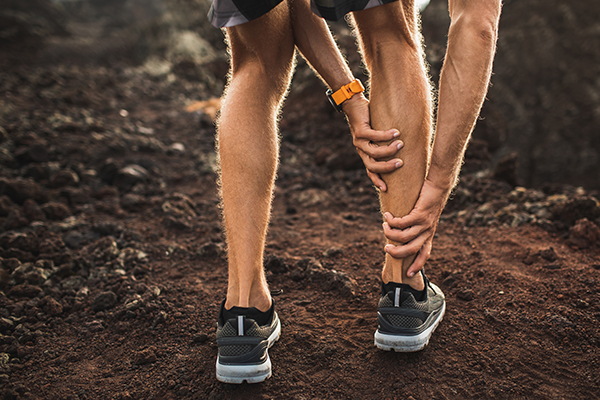
What are the causes of cramps in runners?

4 min read
Cramps are a common issue experienced by many runners, causing sudden and involuntary muscle contractions that can be painful and disruptive to training and performance. Understanding the factors that contribute to cramps is essential for runners to prevent and manage this condition effectively.
This article explores the various causes of cramps in runners and offers insights on strategies to mitigate their occurrence.
Muscle Fatigue
One of the primary causes of cramps in runners is muscle fatigue. When muscles become tired and overworked during prolonged or intense exercise, they are more prone to cramping. Depleted energy stores, electrolyte imbalances, and inefficient muscle contractions can all contribute to muscle fatigue and increase the likelihood of cramps.
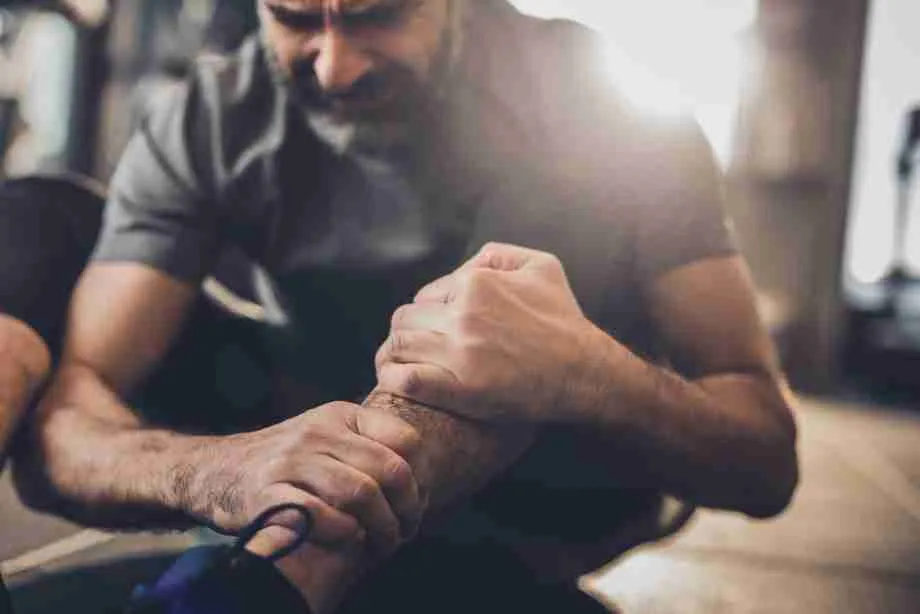
Muscle fatigue is a condition where the muscle’s ability to generate force diminishes, typically due to prolonged activity or exertion.
Symptoms of Muscle Fatigue
-
Weakness: A noticeable decrease in muscle strength during or after activity.
-
Trembling or Shaking: Muscles may shake during exertion.
-
Cramping: Muscles may cramp or spasm.
-
Burning Sensation: Often due to lactic acid buildup.
-
Reduced Endurance: Inability to maintain performance level.
Dehydration and Electrolyte Imbalances
Inadequate hydration and electrolyte imbalances can also trigger cramps in runners. Electrolytes such as sodium, potassium, calcium, and magnesium play crucial roles in muscle function and nerve signaling.
Imbalances in these electrolytes, often due to excessive sweating and insufficient fluid intake, can lead to muscle cramping during running.
Prevention Tip: Incorporate electrolyte-rich sports drinks or supplements during long runs, particularly in hot weather or if you are a heavy sweater.
Poor Warm-Up and Cool-Down Practices
Neglecting proper warm-up and cool-down routines before and after running can predispose runners to cramps. A lack of stretching, mobility exercises, and gradual preparation for physical activity can increase the risk of muscle tightness, stiffness, and cramping during or after running sessions.
Muscle Fatigue
Muscle fatigue is another major contributor to cramps in runners. As muscles tire, they become less capable of absorbing the impact and stress of running, making them more susceptible to cramping. This is often seen in runners who push beyond their usual limits, whether in distance, speed, or intensity.
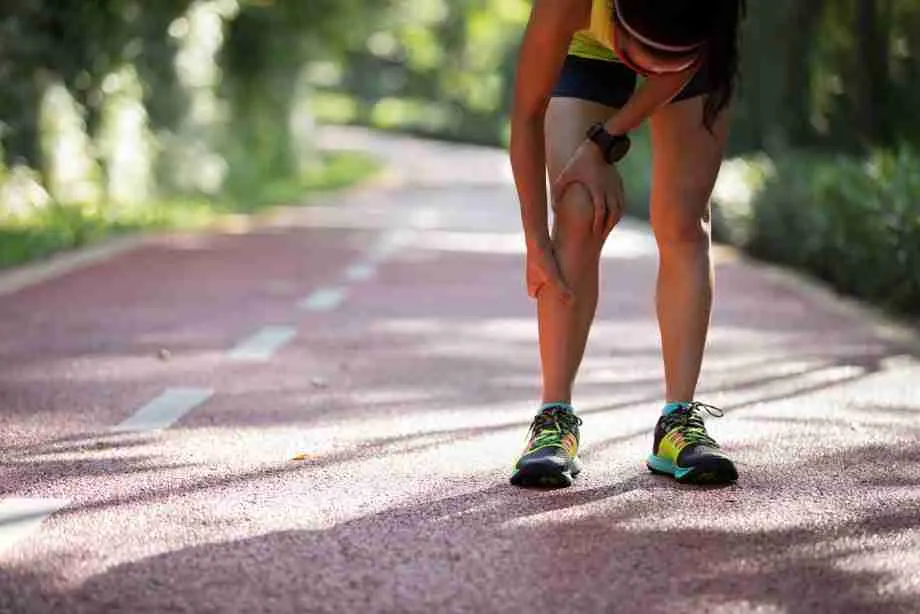
Prevention Tip: Build up your running distance and intensity gradually. Incorporate strength training to build endurance in the muscles most used during running.
Overtraining and Muscle Overuse
Excessive training volume, intensity, or frequency without adequate recovery can result in overtraining and muscle overuse, leading to increased muscle fatigue and cramping in runners. Pushing the body beyond its limits without allowing for proper rest and repair can exacerbate muscle stress and cramp susceptibility.
**Prevention Tip: Adjust your running schedule to avoid the hottest or coldest parts of the day, and dress appropriately for the weather conditions.
Running Form and Biomechanical Issues
Poor running form and biomechanical abnormalities can also contribute to cramps in runners. Incorrect foot strike patterns, muscle imbalances, and alignment issues can place undue stress on certain muscles and joints, increasing the risk of cramping during running.
Strategies to Prevent Cramps in Runners
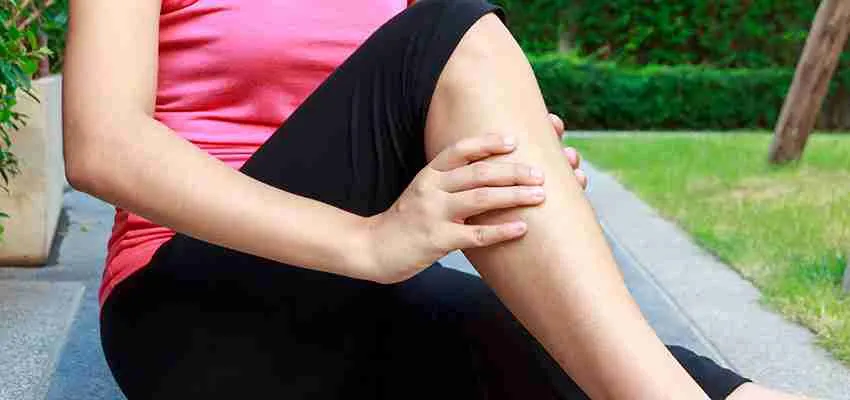
To prevent cramps and optimize performance, runners can consider the following strategies:
- Stay properly hydrated before, during, and after running sessions.
- Maintain a balanced diet rich in electrolyte-rich foods to support muscle function.
- Incorporate dynamic stretches and warm-up exercises to prepare the muscles for activity.
- Gradually increase training intensity and volume to allow for adaptation and recovery.
- Address any biomechanical issues or running form discrepancies through proper footwear and gait analysis.
Common Causes of Leg Cramps in Runners

| Causes | Description |
|---|---|
| Dehydration | Loss of electrolytes and fluids during exercise can lead to muscle cramping |
| Muscle fatigue | Overexertion of muscles, inadequate warm-up, or excessive training volume can trigger leg cramps |
| Nutritional deficiencies | Lack of essential nutrients like potassium, magnesium, and calcium can contribute to muscle cramping |
| Poor running form | Incorrect running technique or biomechanical issues can strain muscles and lead to cramps |
| Inadequate warm-up and cooldown | Skipping proper warm-up or cooldown routines can increase the risk of muscle cramps during and after running |
| Overtraining | Excessive training without adequate rest and recovery can lead to muscle fatigue and cramping |
| Electrolyte imbalances | Sodium, potassium, magnesium, and calcium imbalances in the body can disrupt muscle function and trigger cramps |
Conclusion
Cramps can be a frustrating and painful experience for runners, but they are often preventable.
Causes—such as dehydration, electrolyte imbalance, muscle fatigue, poor nutrition, improper warm-up, extreme conditions, and inadequate footwear—you can take proactive steps to avoid them. Hydration, nutrition, gradual training increases, and proper equipment are key strategies for staying cramp-free and enjoying your runs to the fullest.
